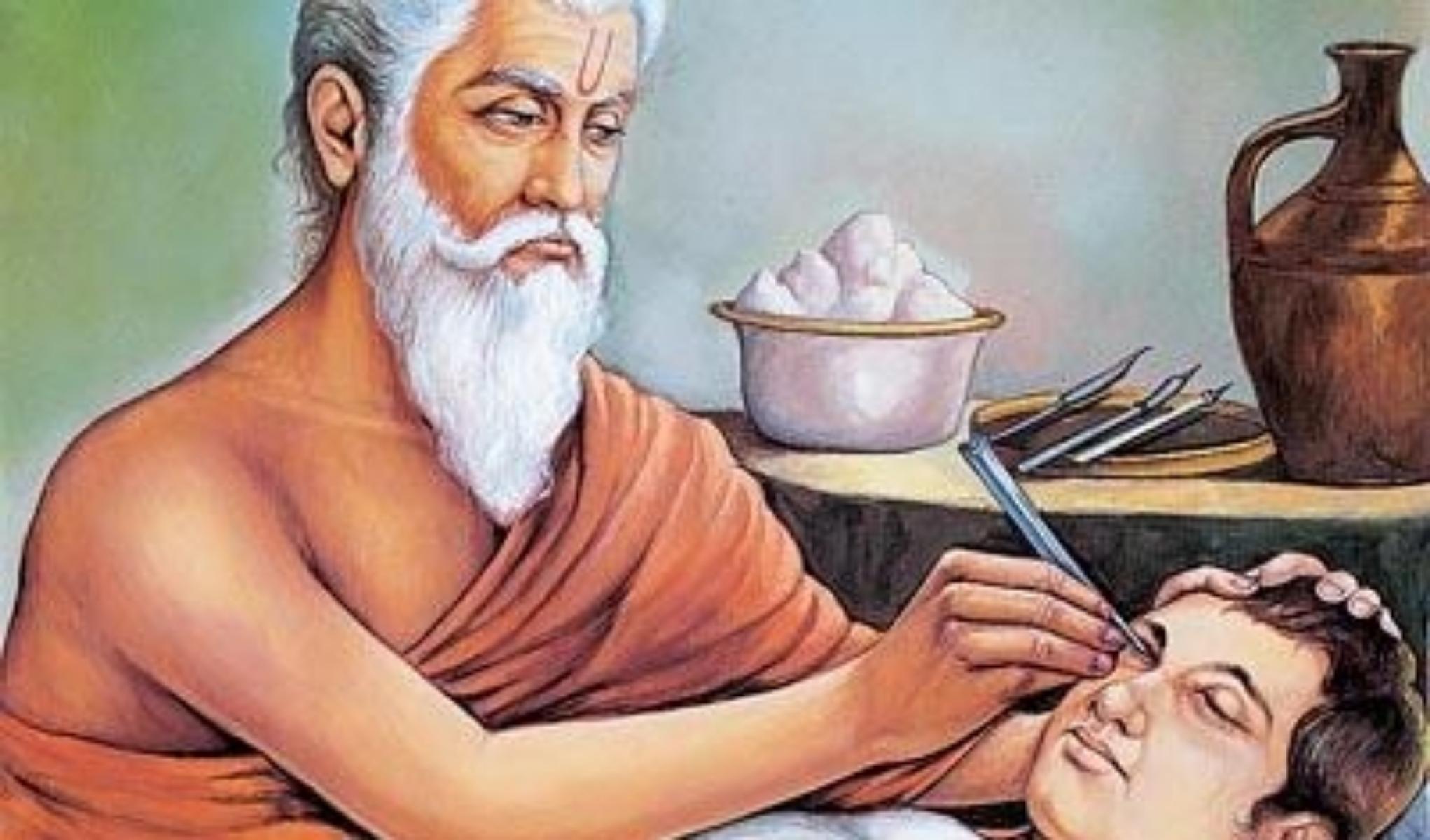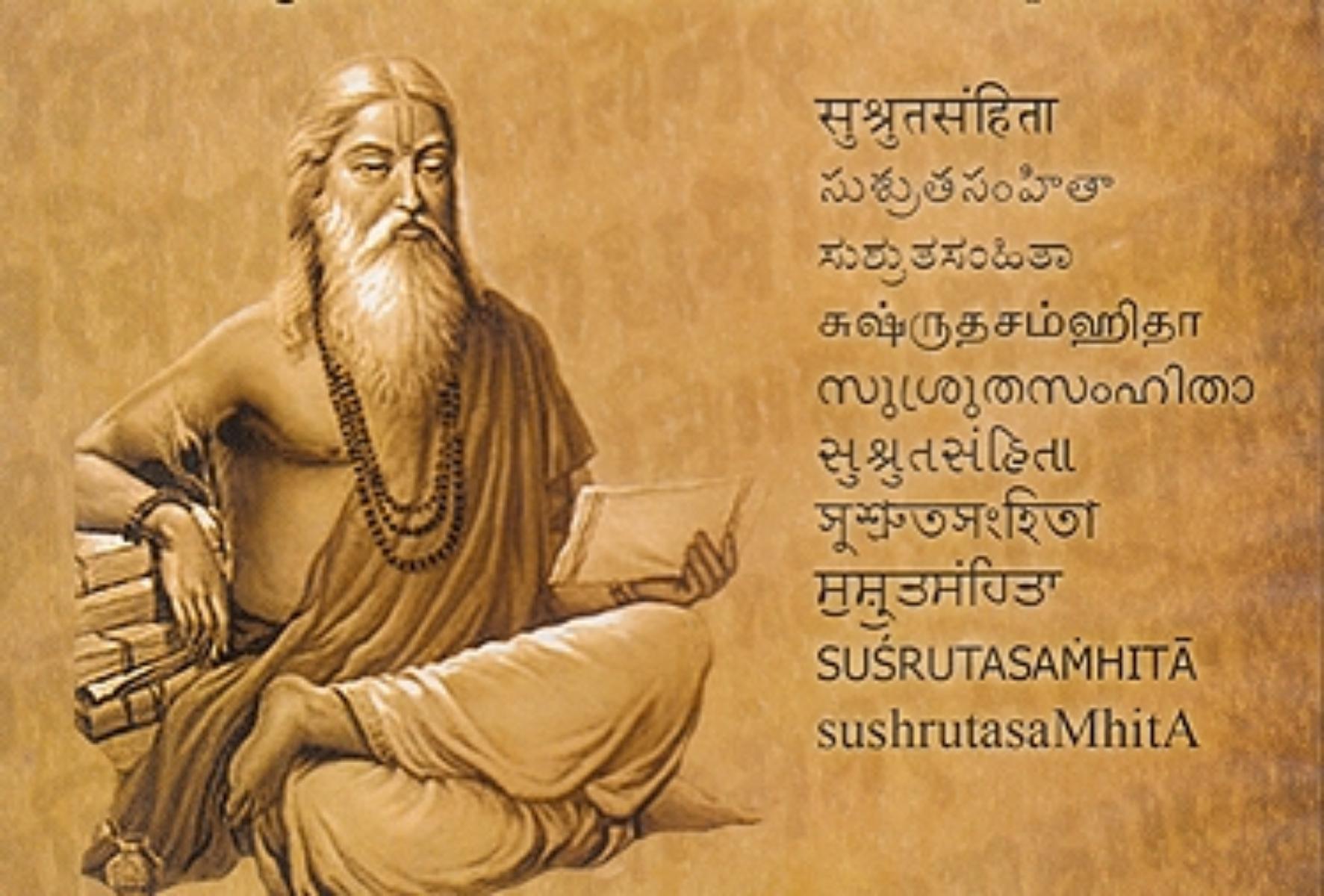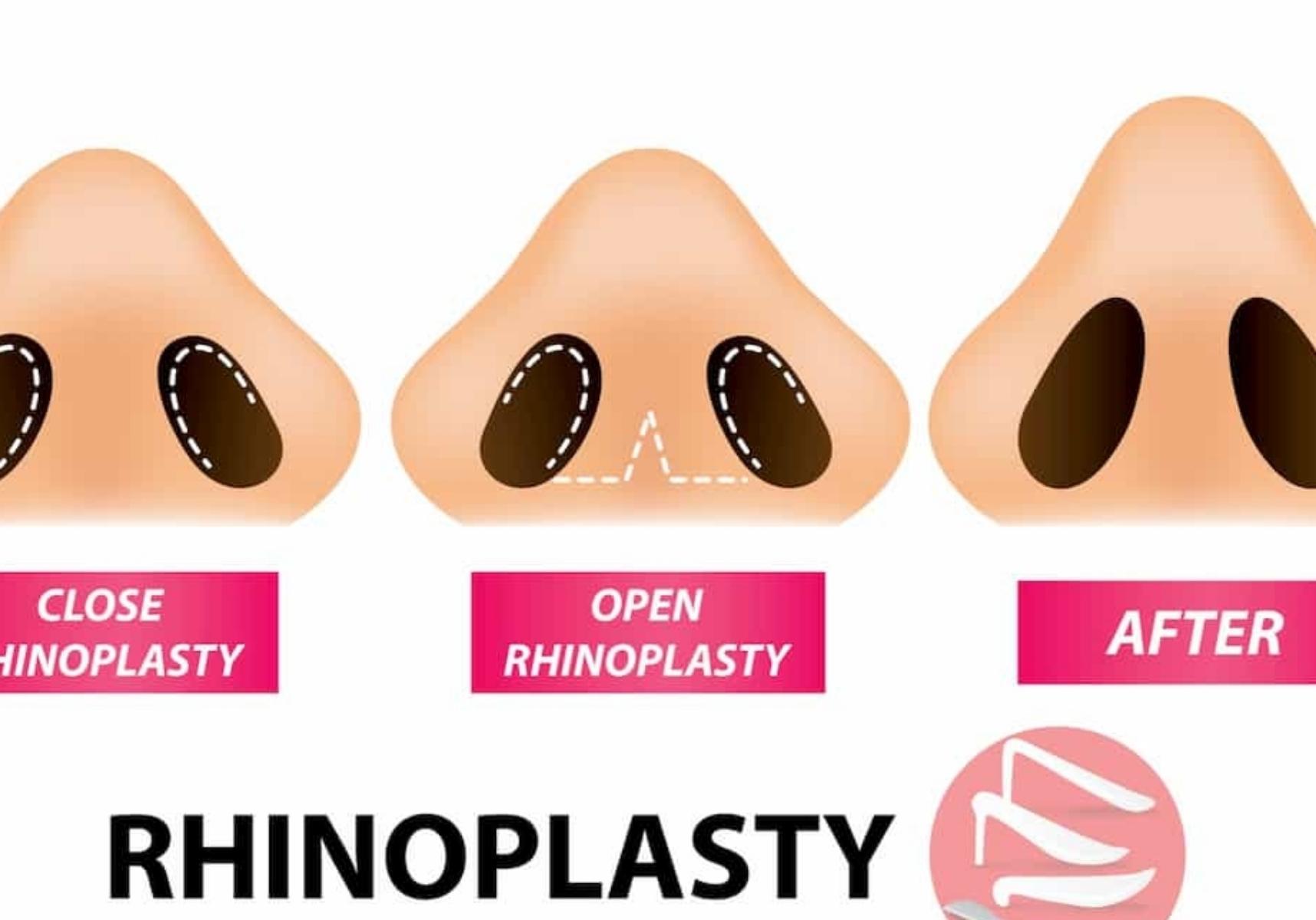Explore the World's Best Ideas
Join today and uncover 100+ curated journeys from 50+ topics. Unlock access to our mobile app with extensive features.
5. Acharya Sushruta
Sushruta, or Suśruta was an ancient Indian physician and surgeon known today as the “Father of Surgery” and “Father of Plastic Surgery” or "father of brain surgery" for inventing and developing surgical procedures.
12
163 reads
Father Of Surgery Sushruta
Sushruta Samhita is said to be the most comprehensive treatise written on surgical practice. The modern surgery is also said to be developed from the basics provided by Sushruta. Therefore Sushruta is considered to be the ‘Father of the Surgery’ . High regards and respects go to Sushruta for having developed the surgical methods covering all minute details in an era which lacked scientific advancements and technical help.
11
97 reads
Sushruta Samhita specialities
Some specialties of Sushrut Samhita–
Insistence on theoretical and practical perfection – Sushruta Samhita insists on comprehensive and extensive learning of both theoretical and practical aspects of medical profession, especially surgical knowledge if one needs to provide service to the mankind in the form of a capable doctor. Sushruta Samhita tells ‘The physicians should be well versed in both the aspects of theoretical and practical knowledge. Those who had knowledge only either in theory or practical, are not eligible for medical profession’
11
73 reads
Dissection Of Dead Body
Earlier anatomy and dissection – In Shusruta Samhita, Shareera Sthana (section which deals with anatomy of human body) it is mentioned that dissection of the dead body was conducted at first by Acharya Sushruta. It is stated that every medical student should also conduct dissection of dead body to comprehensively learn the anatomy. Dissection was conducted with ultimate precision during Sushruta’s period. Sushruta has also given details of dead body preservation.
11
60 reads
Minute Detail Of Theorgans
This knowledge of anatomy enabled Sushruta to document every minute detail of theorgans, tissues, blood vessels, nerves,bones and joints etc, with reference to theirstructure, quantity, shape, size, capacity, location and dimensions
This knowledge was thought to be mandatory for becoming a surgeon.
11
57 reads
Surgical Procedure
Shusruta insists that the surgical procedures like incision, excision, suturing etc should not be practiced on the human body at the first attempt. He opines that these procedures should be first practiced thoroughly on props like flowers, fruits, toys etc during the course of learning the operative surgery. Once they are learnt with ultimate precision, the procedures shall be conducted on human body.
12
57 reads
Basti , Kshara And Agni Karma
Basti karma – Therapeutic enema is a speciality treatment of Ayurveda which is an ultimate remedy for Vata disorders and provides cure for many psycho-somatic disorders. Sushrutha emphasises that prior to performing ‘Vasti Karma’ one should have a perfect practice with the similar type of Vasti yantra (enema apparatus) made up of leather.
Kshara and Agni karma – Practice of kshara karma(application of alkalis) and agni karma (cauterization)should be done on dead animals during the learning period. This means to tell that Agni and Kshara Karma should be practiced by applying them on dead animals
11
46 reads
Sushruta’s Rhinoplasty –
Sushruth was very popular for having conducted many Rhinoplasty’s (plastic surgery performed on the nose) successfully. Its origin is dedicated to Ayurveda, mainly Sushruth. The modern day Rhinoplasty is developed from Sushruta’s Rhinoplasty. All replacement operations which use flaps of skin in the immediate vicinity of the loss are known as ‘Indian Plastic Surgery’ .
11
39 reads
Sushruta Samhita
Sushruta Samhita was originally composed and written by Acharya Sushruta. In a later period Acharya Nagarjuna redacted it.
The original Sushruta Samhita comprises of 120 chapters. These chapters are distributed in 5 divisions as mentioned below:Sutra Sthana Deals with fundamental principles of Ayurveda covered in 46 chapters.
11
39 reads
Use Of Various Types Of Surgical Instruments
Apart from the basic fundamentals of Ayurveda, Sutra Sthana also deals with topics including – preliminary preparations for surgery, various types of surgical instruments, use of kshara (alkalis), agni (fire cauterization), jalouka (leech application), daha karma (cauterization), collection and preservation of medicinal herbs, administration of emetics and purgatives, various types of food substances etc.
11
31 reads
In Continuation
Deals with fundamental principles of Ayurveda covered in 46 chapters. Apart from the basic fundamentals of Ayurveda, Sutra Sthana also deals with topics including – preliminary preparations for surgery, various types of surgical instruments, use of kshara (alkalis), agni (fire cauterization), jalouka (leech application), daha karma (cauterization), collection and preservation of medicinal herbs, administration of emetics and purgatives, various types of food substances etc.
11
24 reads
More...
Shareera Sthana–Deals with embryology and anatomy covered in 10 chapters.
Chikitsa Sthana–Deals with principles of treatment of various diseases andPanchakarma techniques of treatment covered in 40 chapters
Kalpa Sthana–Deals with toxicology covered in 8 chapters
Uttara Tantra–Uttara Tantra is the 6thand the last division of Sushruta Samhita which has not been composed by Sushruta.It is believed to be an addition to the main treatise(original redactor)contributed by its redactor,Nagarjuna.It deals with various other subjects which were not discussed in the earlier divisions covered in 66 chapters
11
24 reads
Salient features
Salient features of Sushruta Samhita –
Surgery–Sushruta Samhita is an excellent reference for anatomy and surgery,unparalleled
Theory of creation–The concept of Srishti Utpattti Krama(theory of cosmic evolution) resembles the concepts related to it as explained inSankhya philosophy
Embryology–Sushruta Samhita gives a clear-cut explanation of conception stating that the fertilization takes place by the union of sperm (shukra)and ovum(aartava).Sushruta also clarifies that though the fertilization(formation of Garbha)takes place by the union of sperm and ovum,its not sufficient for creation of life
11
28 reads
Sex Determination
creation of life.
The intervention of superior agent in the form of atma (soul or life element)is necessary.
Sex determination on the basis of shape of the zygote (garbha) – Sushruta gives an opinion that the foetus (garbha) takes a recognizable shape in the 2nd month of pregnancy. Various shapes denote various types of sex. Spherical shape of the foetus indicates that the child is male and an elongated shape of the foetus tells us that the child is female. Apart from this, a tumour like shape (arbuda akara) of the foetus indicates that the child to be born would be a napunsaka (hermaphrodite).
11
29 reads
Life and Death are Functions of Time.
Tridosha Theory or Humoral theory of Ayurveda – has been dealt in detail with special reference to physiological, pathological and therapeutic aspects.
Nidra – Different types of nidra (sleep) and swapna (dreams) have been dealt in detail
Kala – The important of Kala (time factor) in the creation and destruction of the world has been emphasised. He mentions time as self-existent and is responsible for the process of creation and dissolution of this universe. Sushruta also states that life and death are also functions of time.
12
28 reads
Theoretical Knowledge Isn't Enough
Sushruta emphasised on the perfection on surgical methods. He pressed on the need of practical training in a complete way to make a good surgeon out of a doctor. He tells that only theoretical knowledge of surgery is not enough. In spite of having a good hold on surgical theory, one has to undergo extensive training and get practical exposure until he or she can confidently handle surgeries. Before conducting the surgery on the human body, Sushruta emphasises that it shall be practised on props and artificial objects like –
11
25 reads
Like -
- Excisions (chedana) shall be practised on fruits and vegetables like alabu (cucumber, gourd etc)
- Incisions (bhedana) should be practised on the urinary bladders and internal organs of dead animals, leather bags etc.
- Scraping (lekhana) should be practised on the animal skin covered with hairs
- Venesection (sira vyadha) should be practised on recently dead animals or stalks of water lily (kamala, kumuda) etc
- Extraction (aaharana) should be practised on the bilwa majja (pulp of the fruit of Aegle marmelos)
- Suturing (sevana) should be practised on thick piece of cloth or leather
- Bandaging (bandhana)...
11
29 reads
Sushruta Considers Surgery-
Sushruta was also known as a medical authority in Tibetan literature.
Sushruta considered surgery the first and foremost branch of medicine and stated that surgery has the superior advantage of producing instantaneous effects by means of surgical instruments and appliances and hence is the highest in value of all the medical tantras. It is the eternal source of infinite piety, imports fame, and opens the gates of heaven to its votaries. It prolongs the duration of human existence on earth and helps human in successfully completing their missions and wearing a decent competence in life.
11
24 reads
Sushruta was also known as a medical authority in Tibetan literature.
Sushruta considered surgery the first and foremost branch of medicine and stated that surgery has the superior advantage of producing instantaneous effects by means of surgical instruments and appliances and hence is the highest in value of all the medical tantras. It is the eternal source of infinite piety, imports fame, and opens the gates of heaven to its votaries. It prolongs the duration of human existence on earth and helps human in successfully completing their missions and wearing a decent competence in life.
11
26 reads
IDEAS CURATED BY
卐 || एकं सत विप्रा बहुधा वदन्ति || Enthusiast || Collection Of Some Best Reads || Decentralizing...
अर्हम् Arham's ideas are part of this journey:
Learn more about scienceandnature with this collection
The historical significance of urban centers
The impact of cultural and technological advances
The role of urban centers in shaping society
Related collections
Similar ideas
16 ideas
1 idea
Anger: Relation With Body Types, Ways To Control Anger
easyayurveda.com
23 ideas
21 Contribution of India to world
audiobookmc.blogspot.com
Read & Learn
20x Faster
without
deepstash
with
deepstash
with
deepstash
Personalized microlearning
—
100+ Learning Journeys
—
Access to 200,000+ ideas
—
Access to the mobile app
—
Unlimited idea saving
—
—
Unlimited history
—
—
Unlimited listening to ideas
—
—
Downloading & offline access
—
—
Supercharge your mind with one idea per day
Enter your email and spend 1 minute every day to learn something new.
I agree to receive email updates




